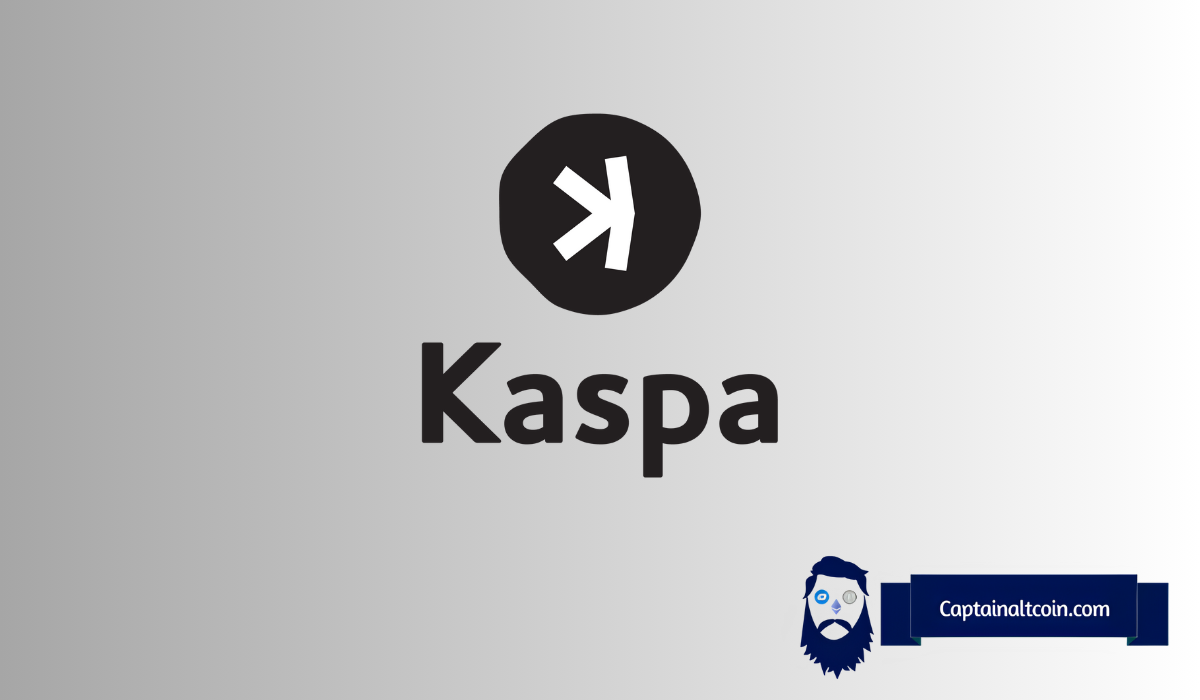
There’s a new crypto bill circulating in the U.S. that’s drawing attention called the CLARITY Act, and it might be huge for initiatives like Kaspa. What the bill aims to do is relatively straightforward: at last, determine whether a digital asset should be classified as a security or a commodity.
That in itself may not be exciting, but this distinction actually does matter substancially. Crypto investors, exchanges, and developers have languished in purgatory for years, unsure of what regulation governs what tokens.
The CLARITY Act is trying to fix that by making the rules clear, and that could change everything for proof-of-work projects like Kaspa.
The bill already has support in the House and is expected to pass there. But the Senate might be a tougher battle, especially with political noise around possible ties between crypto donors and Trump’s family. Still, if it does become law, it could create a much more stable environment for crypto in the U.S.
What the CLARITY Act Could Mean for Kaspa
— Kaspa Daily (@DailyKaspa) July 16, 2025
The U.S. House of Representatives is moving forward with a key piece of crypto legislation known as the CLARITY Act this week. It aims to bring much-needed regulatory certainty by establishing clear criteria for whether a digital asset… pic.twitter.com/xhzuDvkUMi
Read Also: Pump.fun (PUMP) Price Outlook Following a Successful Launch
What you'll learn 👉
Why This Classification Matters
Why does it matter whether a token is classified as a security or a commodity?
If it is a security, the project will be subject to strict regulation, disclosures, legal filings, investor protections, the kind of thing that’s prepared for traditional companies and not decentralized networks. For open-source projects, this can be a nightmare.
But if a token is a commodity, it’s regulated by a different agency (the CFTC) and the laws are much less restrictive. That is to say that it’s simpler to list on exchanges, simpler for devs to work with, and simpler for the project to grow without constantly having to worry about legal issues.
This is what the CLARITY Act is trying to bring, clear boundaries that make it easier for everyone in the space to move forward without fear of running into regulatory trouble.
Why Kaspa Might Be in a Great Spot
Now, here’s where Kaspa comes in.
Kaspa didn’t have an ICO. It wasn’t funded by venture capital. There was no pre-mine or token allocation to insiders. It launched fairly, as a proof-of-work, open-source project, kind of like Bitcoin.
Because of that, Kaspa checks a lot of the boxes that would likely qualify it as a commodity under this new framework. And if that happens, a lot of good things could follow.
Exchanges wouldn’t have to worry as much about legal risks when listing it. Developers might feel safer building on it. Institutions that usually stay away from legally unclear assets might finally take notice. And projects using Kaspa for things like payments or tokenized assets could move faster without fearing regulatory pushback.
Clear Rules Could Spark More Innovation
One of the biggest things holding U.S. crypto projects back has been the lack of clarity. Without clear rules, many developers just block U.S. users entirely or don’t launch at all.
The CLARITY Act could finally change that. With clear guidelines, builders would know where they stand. It would separate solid, decentralized projects from risky or shady ones, and give legit projects like Kaspa room to grow.
Kaspa’s clean launch and proof-of-work model make it one of the projects best positioned to benefit from a law like this. If the bill passes, it could mark a fresh start, not just for Kaspa, but for a lot of the crypto space too.
Subscribe to our YouTube channel for daily crypto updates, market insights, and expert analysis.






